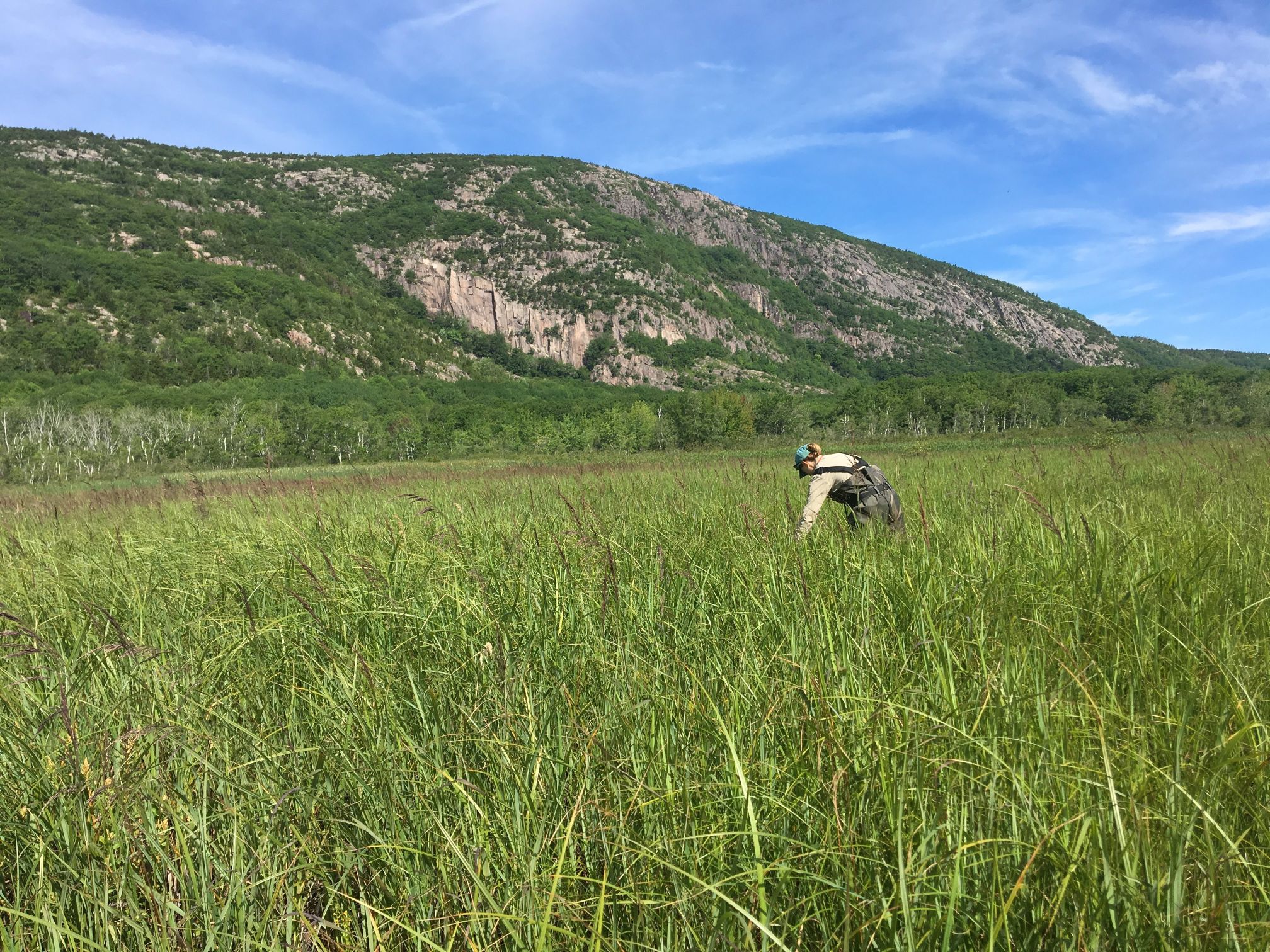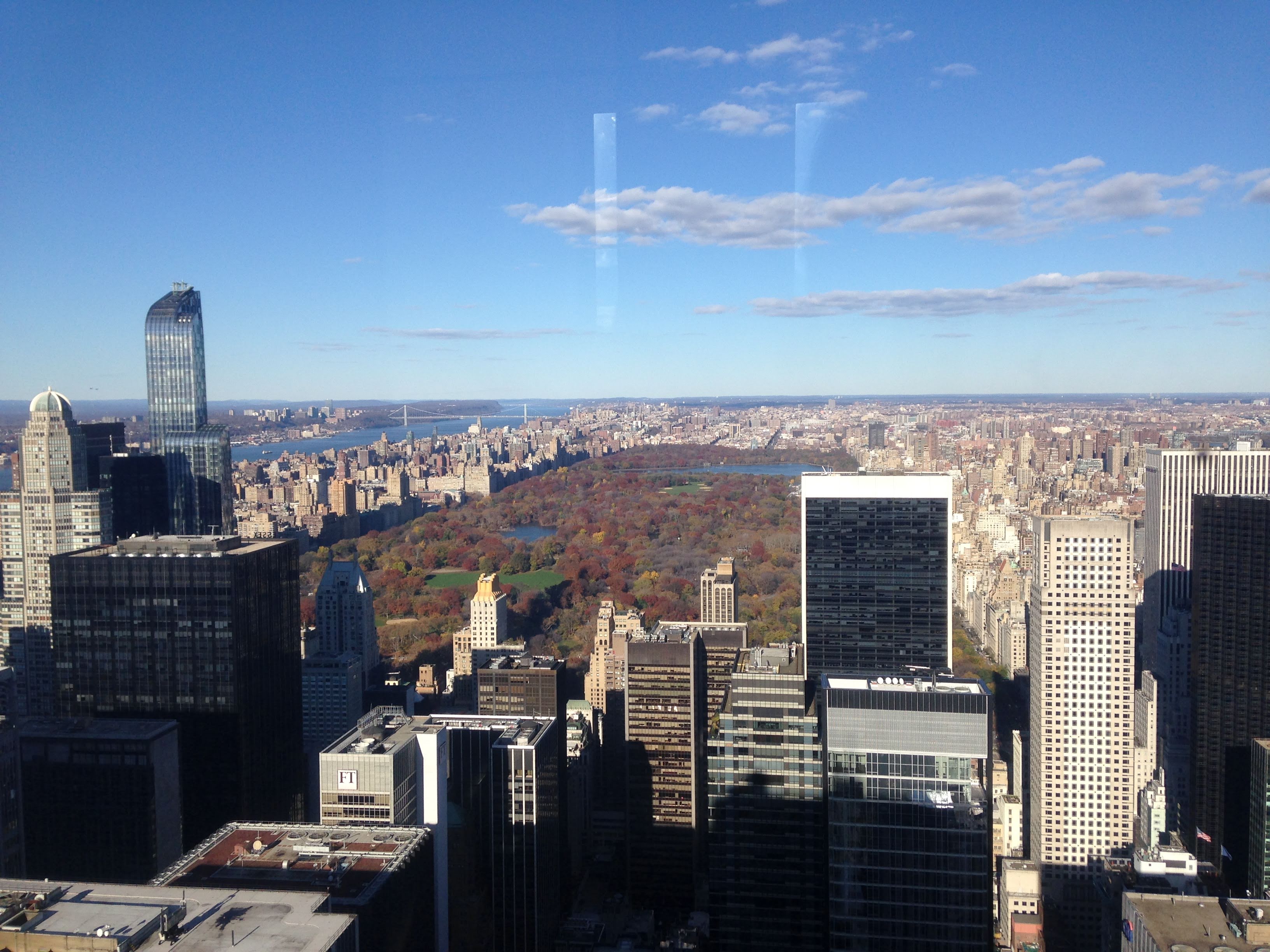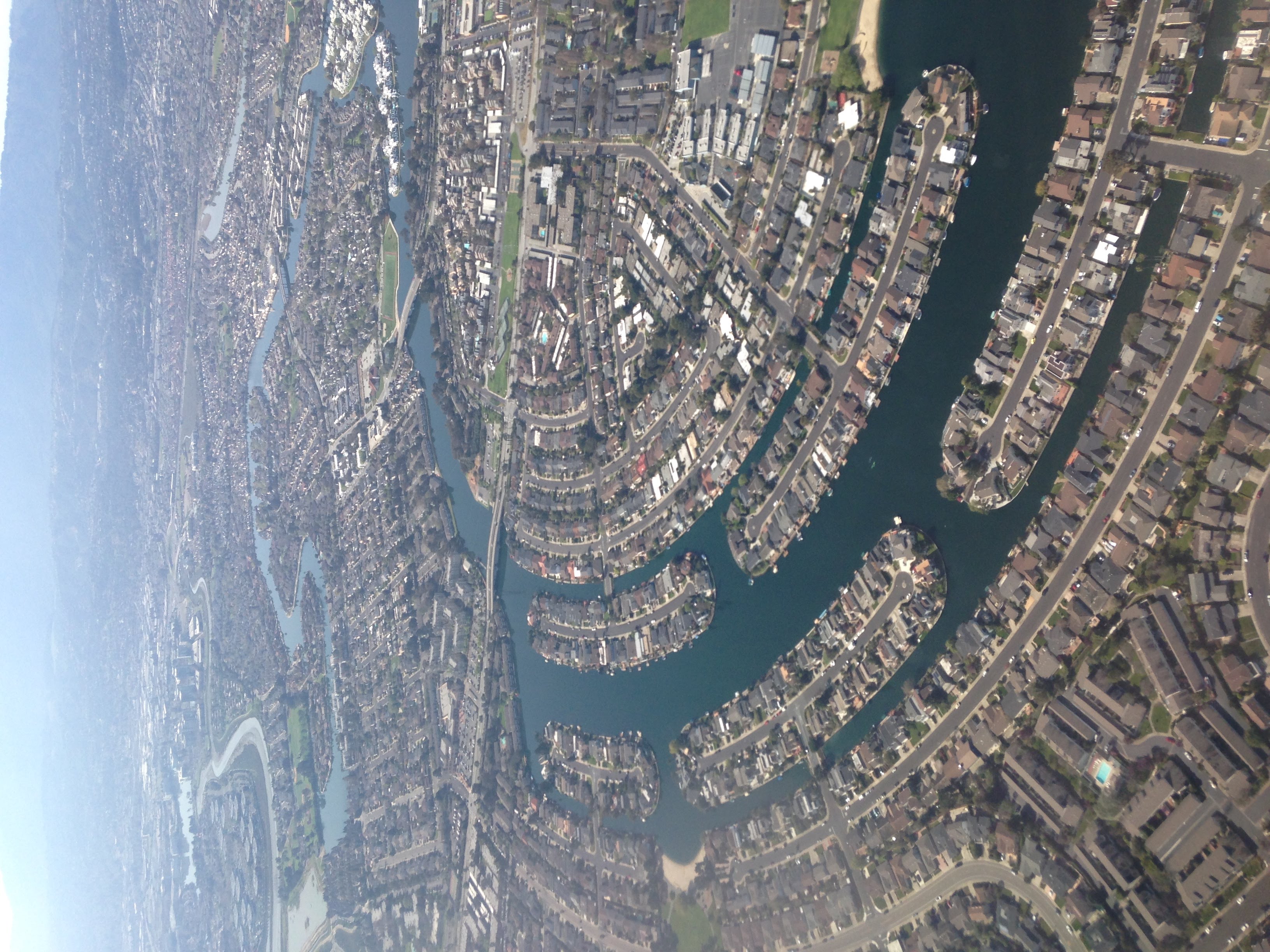Future Ecological Civilization
What Does our Future Ecological Civilization Look Like?
There are way too many variables to try and seriously predict the future accurately, but if I ignore the inevitable million ways that our future will definitely swing off course from either unexpected setbacks or surprising leaps forward…
Then I would paint a picture of a world that looks something like this in given 200-300 years and technology: It will not be a frugal world that has learned to make do with less. It will be an abundant world, with high yields, fast logistics, and efficient distribution; where our whims will be delivered to us at roughly the cost they incur to others.
We’ll have hybrid natural and artificial systems to purify our air, water, and recycle nutrients. We’ll modify and manipulate our environment in many ways, but in line with keeping the natural systems thriving. We’ll understand healthy ecosystems a lot better, and have sophisticated tracking of many ecosystem processes.

We’ll have machines that pull carbon out of the air and inter it in the ground, to slow the rate of global warming in a controlled manner. But we’ll probably aim to let the temperature of earth increase from where it is now. Maybe?
Power will be renewable and cheap, so transportation will be cheap, fast, and more enjoyable. There will be more trade between continents than ever. Everything that can be accomplished with material resources will be cheap. Furniture and so forth will become even more temporary and disposable, and there will be much business in repurposing the abundance of discarded materials.
Landfills and nuclear waste facilities will not be a threat. Trash will be biodegradable. Agriculture will grow multiple overlapping GMO crops at a time. I’m not sure whether exploited land area will go up or down, but we will use the land more efficiently and the earth won’t be covered in parking lots. We will be grappling with running out of wilderness on earth. Population will not be a problem until the more distant future, and by then we will hopefully have a good method of preventing it from getting out of control. Endangered ecologies and species on the other hand, I am less optimistic about. I certainly hope we will rally to prevent more losses. I imagine species extinction will be considered a tragic disaster far more than it is now.
Cities will still exist, and denser than ever. Presumably they will be carefully allocated to provide the optimal mix of services to the community, including parks on rooftops and amongst skyscrapers. Lots of people will continue to want to live away from civilization activity, and they will have to either travel into city hubs or remotely connect. They will also have to bear the costs of the services required to support them.

Mining will still be exploitative and destructive, but their destruction will be an expensive part of their cost of operation. Meanwhile the positive ecosystem services provided by natural resource management will be compensated for their contributions. From carbon storage to water purification to nutrient cycling, externalities will be factored into financial transactions. The negative impacts we have on each other and our shared resources are what will remain (or become) expensive.

This description is not my perfect future but the positive version of the future we are heading toward - within the bounds of the obstacles we will have to encounter, the desires of humans, and other limitations.